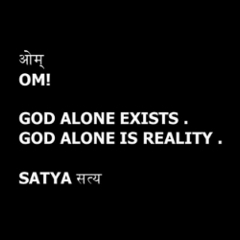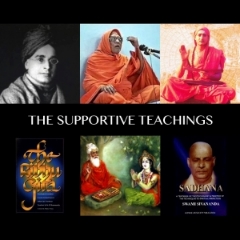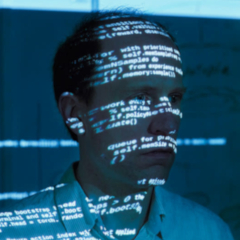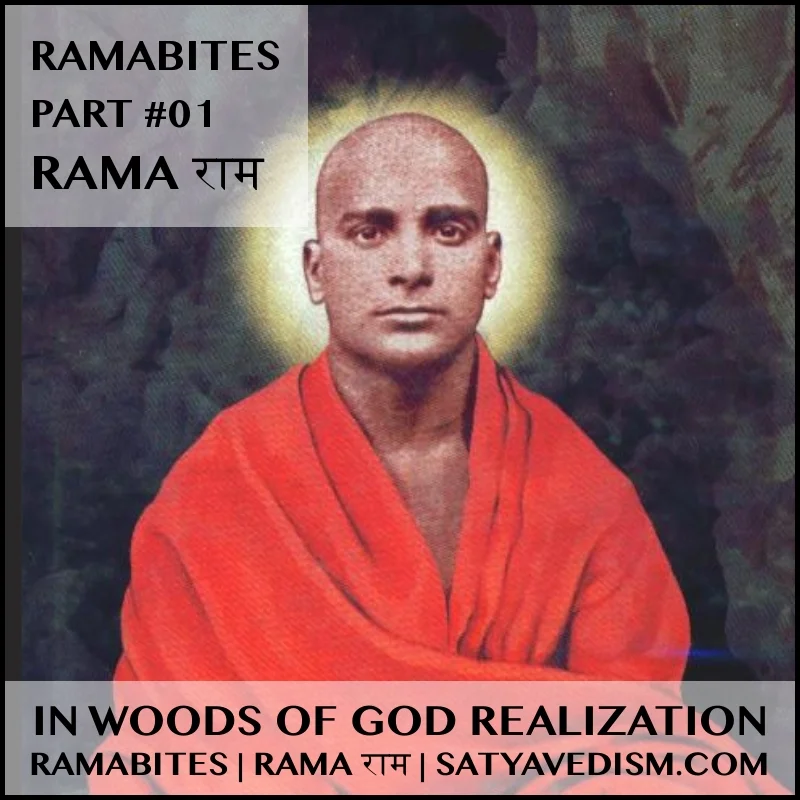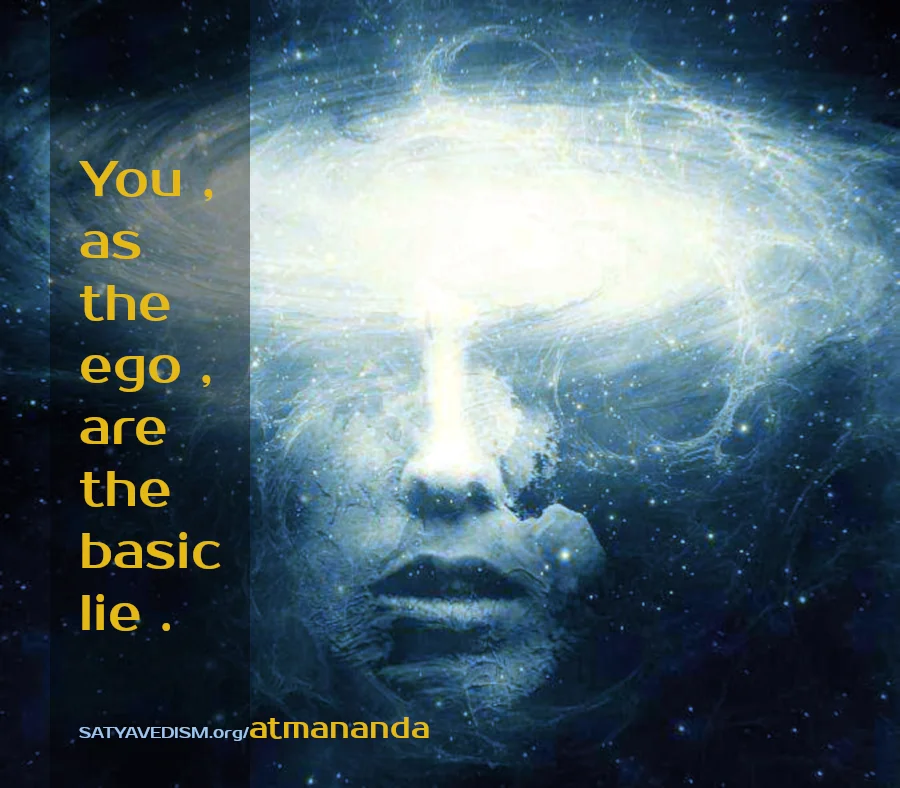TROTA | CHAPTER 1 | SEL0001 TO SEL0015
| | homeTROTA | CHAPTER ONE | SWAMI KRISHNANANDA
|| 1 | INTRODUCTION ||
TROTA | CHAPTER 1 | SEL0001 | SWAMI KRISHNANANDA
|| 1.01 | INTEGRALITY & ASPIRATION ||
The Attainment of Perfection is the Conscious Integration of Being . This is the central theme of the Upanishads .
The Upanishads are intuitional revelations , and intuition is integral experience . Their declarations cannot fail to include within themselves the absolute scope of the diverse methods of approach to the one Reality , for integrality excludes nothing .
TROTA | CHAPTER 1 | SEL0002 | SWAMI KRISHNANANDA
No two individuals think alike , for thinking , which is the objective movement of the Spiritual Force , differs in its mode and impetus in different points of stress in integral existence .
TROTA | CHAPTER 1 | SEL0003 | SWAMI KRISHNANANDA
But , then , in spite of this separation of beings through their modes of mentation , all individuals have to aim at the attainment of a common Goal , the achievement of a common purpose , for , the truth of them all is one , and all their paths must but meet at One Perfection .
Perfection or Truth cannot be two , and there cannot be two Absolutes .
TROTA | CHAPTER 1 | SEL0004 | SWAMI KRISHNANANDA
Hence, the methods of approach to Reality must all inherit certain fundamental natures or qualities which belong to the eternal nature of pure Existence .
It is this undeniable fact that goes to prove the logical consistency that must exist and that exists among the multitudes of the methods employed by the relative individuals to experience Truth as it really is .
TROTA | CHAPTER 1 | SEL0005 | SWAMI KRISHNANANDA
The one and the most important point to be remembered in all the processes of reasoning out the nature of Existence is that we cannot , with loyalty to reason , make in it such relative distinctions as subjective and objective , since such differences in nature are based on mere arbitrary conception and perception .
TROTA | CHAPTER 1 | SEL0006 | SWAMI KRISHNANANDA
We separate in pure Being the subject and the object only with concession to a belief in internality and externality based on immediate empirical experience bereft of intelligibility .
The objective world and the subjective body are both in relation to the cognising entity , and existence is a divisionless mass of cognition , which fact is proved by the inexplicability of objective experience without our positing a conscious reality inclusive of both the subject and the object .
TROTA | CHAPTER 1 | SEL0007 | SWAMI KRISHNANANDA
The reality of the universe , both in its objective and subjective aspects , is in its existence , which cannot be known unless it becomes a content of consciousness . Unless , again , this content itself is non-different from consciousness , it will have no relation to consciousness , and it cannot be known .
Existence must be the same as consciousness in order that existence may be known . If it is not known , it itself is not .
TROTA | CHAPTER 1 | SEL0008 | SWAMI KRISHNANANDA
Existence is really the existence of consciousness . The cognitive organ modifying the basic consciousness follows existence . And , as consciousness is indivisible , such a distinction in existence gets narrowed to identity of nature through inseparability in undifferentiatedness which has neither inside nor outside .
Nothing that is related to another is real . Relation always means interdependence and not self-existence .
Existence is always absolute ; nothing else .
TROTA | CHAPTER 1 | SEL0009 | SWAMI KRISHNANANDA
Common perception , however , is not the criterion of truth . The sun does not become non-existent even if all humans and animals have no eyes to see . Nor does one become an eternal being just because we perceive one .
TROTA | CHAPTER 1 | SEL0010 | SWAMI KRISHNANANDA
An unconscious unrest felt by every individualised personality in its own state and the impossibility to rest eternally in the separative consciousness points to the Being of the Supreme State of Absolute Perfection .
TROTA | CHAPTER 1 | SEL0011 | SWAMI KRISHNANANDA
Desire , which , in common parlance , is understood as the force which attracts the individual to relational existence , is only a clear proof of the inability of the individualised being to pull on with its finitude , and of its demand to have further experiences in the field of consciousness .
TROTA | CHAPTER 1 | SEL0012 | SWAMI KRISHNANANDA
There is no satisfaction in existing in a relative state of consciousness , however superior in the degree of its extension it may be when compared with the lower states of consciousness .
TROTA | CHAPTER 1 | SEL0013 | SWAMI KRISHNANANDA
There is a craving inherent in every individual to experience other states of consciousness and to possess other varieties of objects of the universe .
This craving finds no rest until infinite states of consciousness are experienced and until infinite objects are possessed .
This , however , does not imply multiplicity in Infinity , for that which is Infinite is Divisionless Existence .
TROTA | CHAPTER 1 | SEL0014 | SWAMI KRISHNANANDA
Even the emperorship of the entire universe cannot give perpetual satisfaction as long as it falls short of the Infinite .
The rulership of heaven and earth is but a relative existence , though of a high order of merit , but satisfaction does not reach its summit even at absolute individuality .
TROTA | CHAPTER 1 | SEL0015 | SWAMI KRISHNANANDA
Perfect satisfaction is not to be found even in a dual state of life — even if it be absolute duality — but in infinite experience and infinite being .
SOURCE | SATYAVEDISM.ORG











